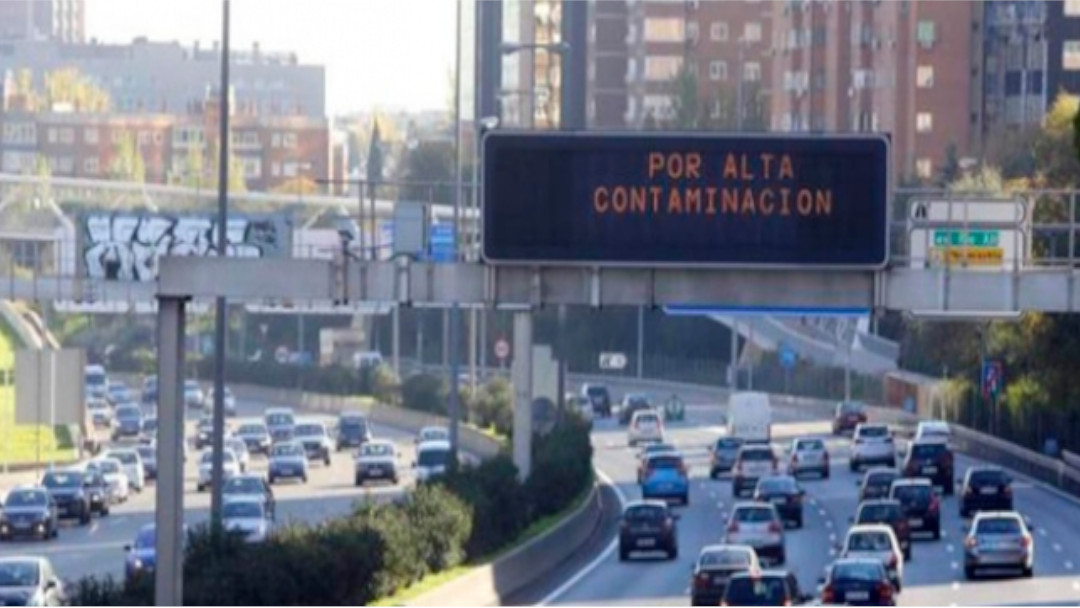The LIFE GYSTRA European project, coordinated by CARTIF, has been awarded by ITS (Intelligent Transport Systems) Spain for its work in favor of environmental health. The jury of the ITS awards, in its 8th edition, has recognized the effort made by the LIFE GYSTRA initiative to achieve a significant reduction in the pollution produced by vehicles in cities and take a step forward in the current sustainable mobility policy. This recognition will be granted at the closing of the ITS 2019 Congress, on April 3 at the City Hall of Madrid.
LIFE GYSTRA face one of the most serious problems in today’s society. Traffic accounts for 60% of total emissions in cities and actual levels of driving emissions exceed European standards and some pollutant values indicated by vehicle manufacturers. This project, in which the DGT participates, proposes to develop a global emission management system that is being tested in the pilot cities of Madrid and Sofia (Bulgaria), using a new remote sensing device adapted to EU requirements by including NO2.
Vehicles identified as ‘high emitters’ are notified to be repaired. With the repair of this type of vehicles, it is expected a reduction of 14.8% (CO), 2.8% (HC) and 22.7% (NOx, NO, NO2) in the total volume of emissions. Even if only half of these vehicles were repaired, it would be possible to reduce CO2 emissions to 16 million tons per year. It is the first time, worldwide, that this type of policy will be applied to identify highly polluting vehicles, monitor the evolution of empirical emission levels and quantify the savings in emission volumes.
The Forum of New Technologies in Transport ITS Spain, for its part, is a non-profit association founded in 2002 with the aim of bringing together the public, private and academic sector related to Intelligent Transportation Systems, to make the mobility of people and goods safer, sustainable and efficient through the different modes of transport.
